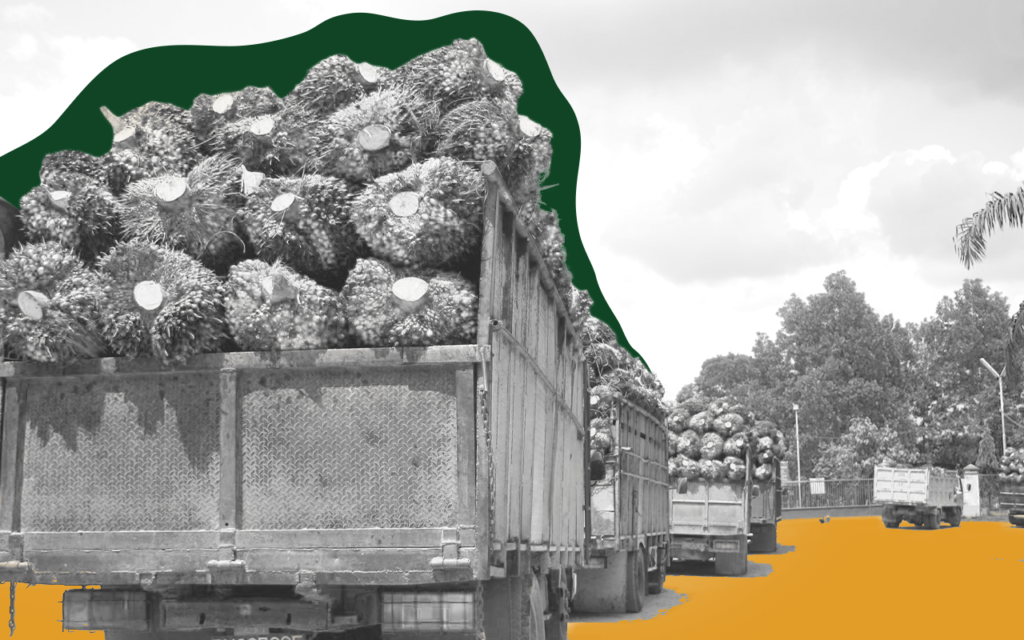
The Curious Case of Wilmar’s “Undervalued” Shares
- Wilmar under-appreciated back home in Singapore due to lack of brand recognition and previous bad palm oil press.
- There is a massive value dislocation between Wilmar and its 89.99% held Yihai Kerry Arwana Holdings, whose market cap is over 3x that of Wilmar.
- Since November 2020, Wilmar has bought back SGD 263.95 million (USD 194.97million) worth of shares as it believes in its success.
Feeling “undervalued”, Singapore’s very own Fortune 500 company Wilmar International has undertaken 33 share buybacks from the open market since November 2020.
In theory, the repurchases should help boost its share price. For one, they reduce the number of shares available in the market, which increases the ownership value of the outstanding shares. Then, the buybacks show Wilmar is betting on itself, which should instil market confidence to participate in the company.
But the repurchases haven’t really helped.
Shares of the agribusiness giant are still trading below buyback prices.
The curious case of Wilmar’s “undervalued” shares is underscored by the massive market value dislocation between Wilmar and its China subsidiary Yihai Kerry Arawana Holdings (YKA).
As at 14 July 2021, Wilmar had a market capitalisation of SGD 28.88 billion (USD 21.33 billion), while its 89.88% held YKA had a market capitalisation of CNY 436.33 billion (USD 67.46 billion).
Yes, Wilmar is massively cheaper than its majority-held subsidiary.
Wilmar’s lack of visible presence in Singapore is one of the reasons that it’s underappreciated at home.
From the cultivation and milling of palm oil and sugarcane, to the processing and distribution of food products for humans and animals, Wilmar has over 500 manufacturing plants worldwide including China, India Indonesia and Africa. But none in Singapore.
Wilmar also has no known household consumer food brand in Singapore, even though you would’ve at one point snacked on Cheezels, Twisties and Yoplait – among the consumer food brands under 50% subsidiary Goodman Fielder.

China Business Fired Up By Popular Cooking Oil
On the other hand, YKA’s flagship Arawana is the godfather of cooking oil in China and can be seen in many a Chinese kitchen since 1991.
Leveraging on the brand’s popularity, YKA has launched other food staples including rice, noodles, and soybean milk as it aims to remain a mainstay in every Chinese household. It is now also developing soy sauce, vinegar and yeast products.
Outside of food, the Arawana brand has been extended to soaps and detergents products.
“We are very bullish about China’s economic outlook and demand for quality food products,” Wilmar stated in its 2020AR. “The Covid-19 pandemic has resulted in a stronger demand for YKA’s consumer food products as more people are eating at home and recognising the health benefits from nutritious and safer products.”
One major expansion plan in China is the construction of central kitchens to prep ready-to-eat meals for consumers.
Let this sink in. China is the world’s largest food market given its 1.44 billion population.
“Wilmar is of the view that investors are likely to re-rate its operations once the benefits from its expansion plans are fully recognised, likely in 2-3 years,” Ivy Ng Lee Fang, a CGSCIMB analyst said in a May 2021 note.
Ng has a “ADD” recommendation on Wilmar with a target price of SGD 6.15 each. Though the risks for Wilmar include fluctuating commodity prices and weaker margins.
Further down the line, Wilmar revealed in its April 2021 AGM that it is open to selling an additional stake in YKA “when there are good M&A opportunities” that could help the company grow. It can only sell YKA shares 3 years from its IPO date.
On To Greater Success
Despite feeling “undervalued”, Wilmar’s management has no plans to delist and take the company private, which is usually the case for most companies.
“The group’s strategy of building an integrated agri and food business has proven its effectiveness in achieving long-term sustainable growth, despite fluctuations from time to time,” said Wilmar’s chairman and CEO Kuok Khoon Hong said. “We will achieve even greater success in future.”
Wilmar has been reporting relatively stellar results vis-à-vis COVID-19 stricken times. In 2020, it recorded a FY net profit of USD 1.53 billion, up 18.6% year-on-year. In 2021, it then posted its best 1Q results ever, since listing in 2006, when net profit doubled from a year ago to USD 450.2 million.
To further unlock shareholder value, Wilmar is reportedly mulling an IPO of its 50% held Indian joint venture Adani Wilmar.
UOB KayHian analysts Leow Huay Chuen and Jacquelyn Yow Hui Li estimated in a March 2021 research note that the Adani Wilmar IPO may have a listing value of USD 1.69 billion – USD 1.86 billion based on a P/E of 18x – 20x.
The analysts noted the IPO is unlikely to happen so soon though, but maintain a “Buy” recommendation for Wilmar with a target price of SGD 6.40 each.
In the meantime, the positive for Wilmar shareholders is that it will likely continue to boost its share price to close the valuation gap with its subsidiary YKA.
Wilmar has already spent a total of around SGD 263.95 million to repurchase 59,211,000 shares, paying between SGD 4.11 and SGD 5.38 each.
Wilmar was trading at SGD 4.58 each at the time of this report.
Prior to this wave of buybacks, Wilmar last repurchased shares on 12 August 2016 at SGD 3.05 each.
It certainly looks like Wilmar’s management led by co-founder Kuok Khoon Hong, the nephew of the richest man in Malaysia Robert Kuok, has been making the right bets on the company.




